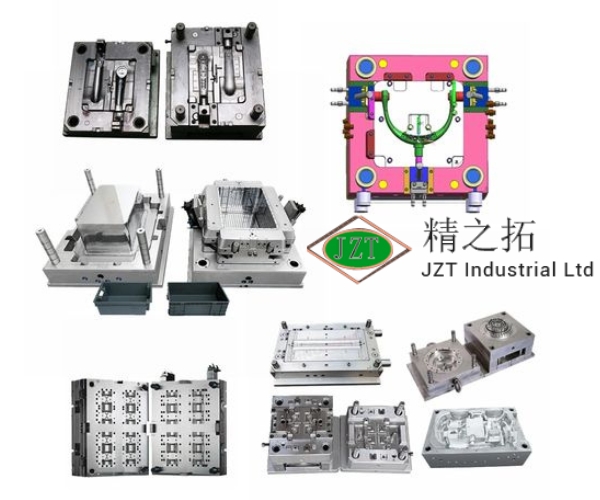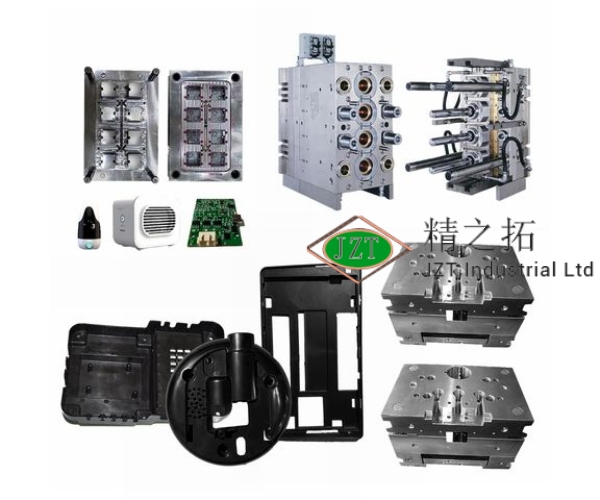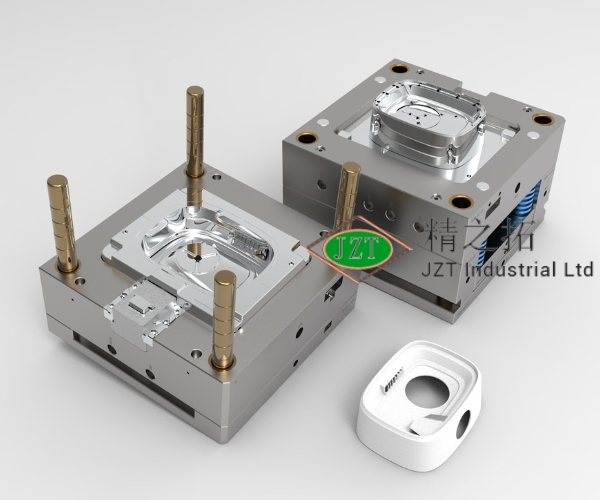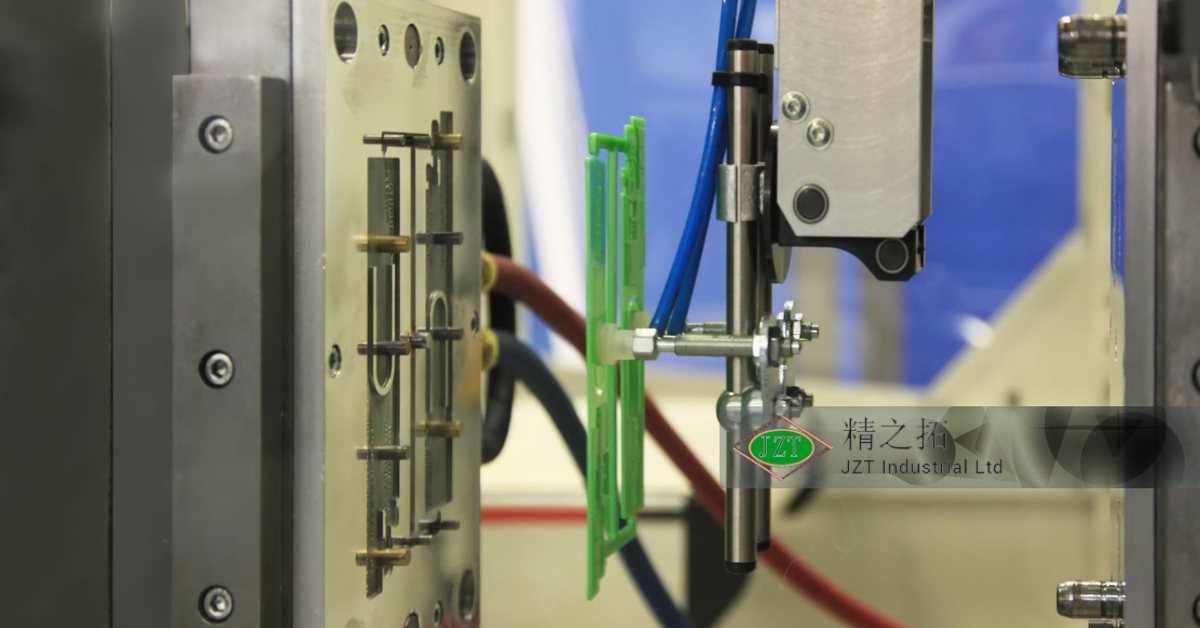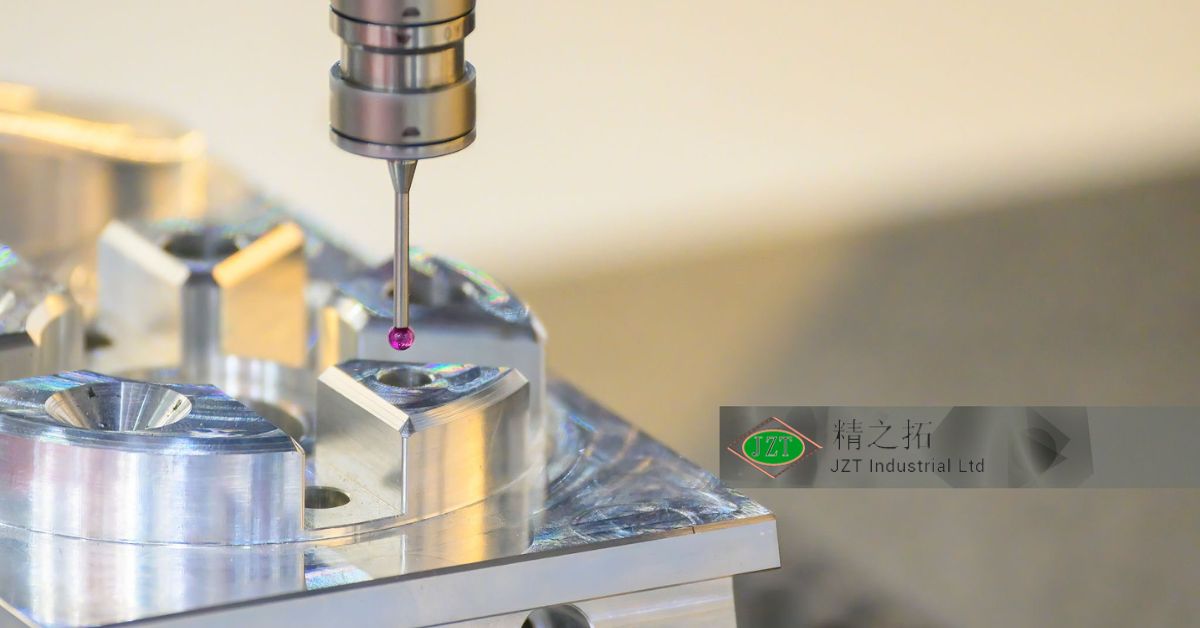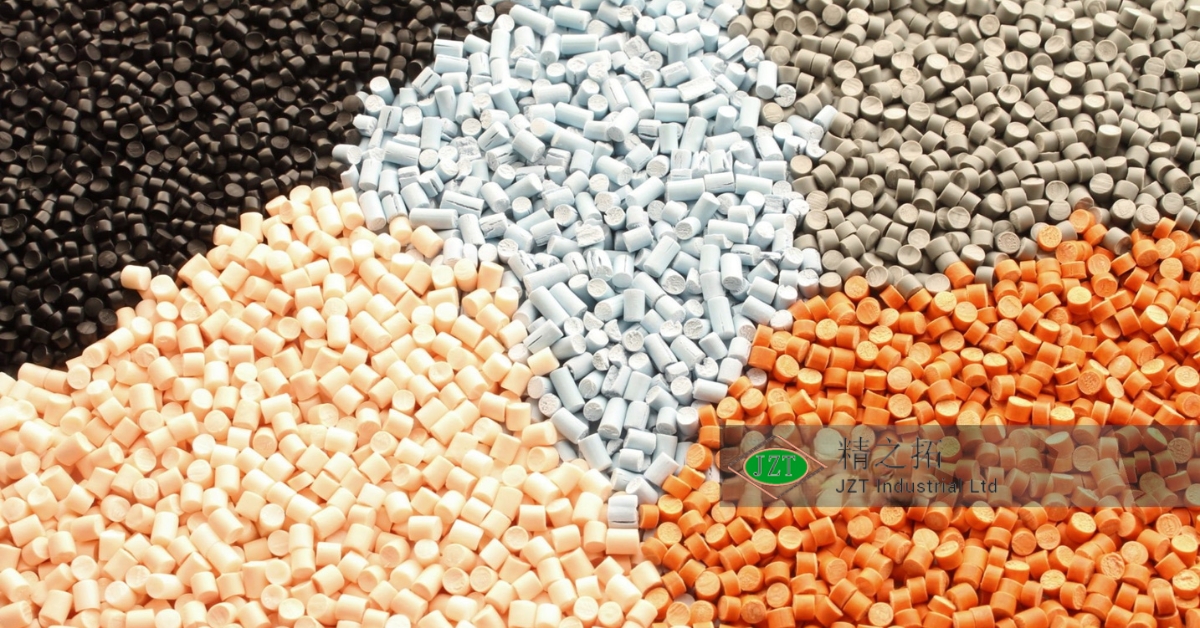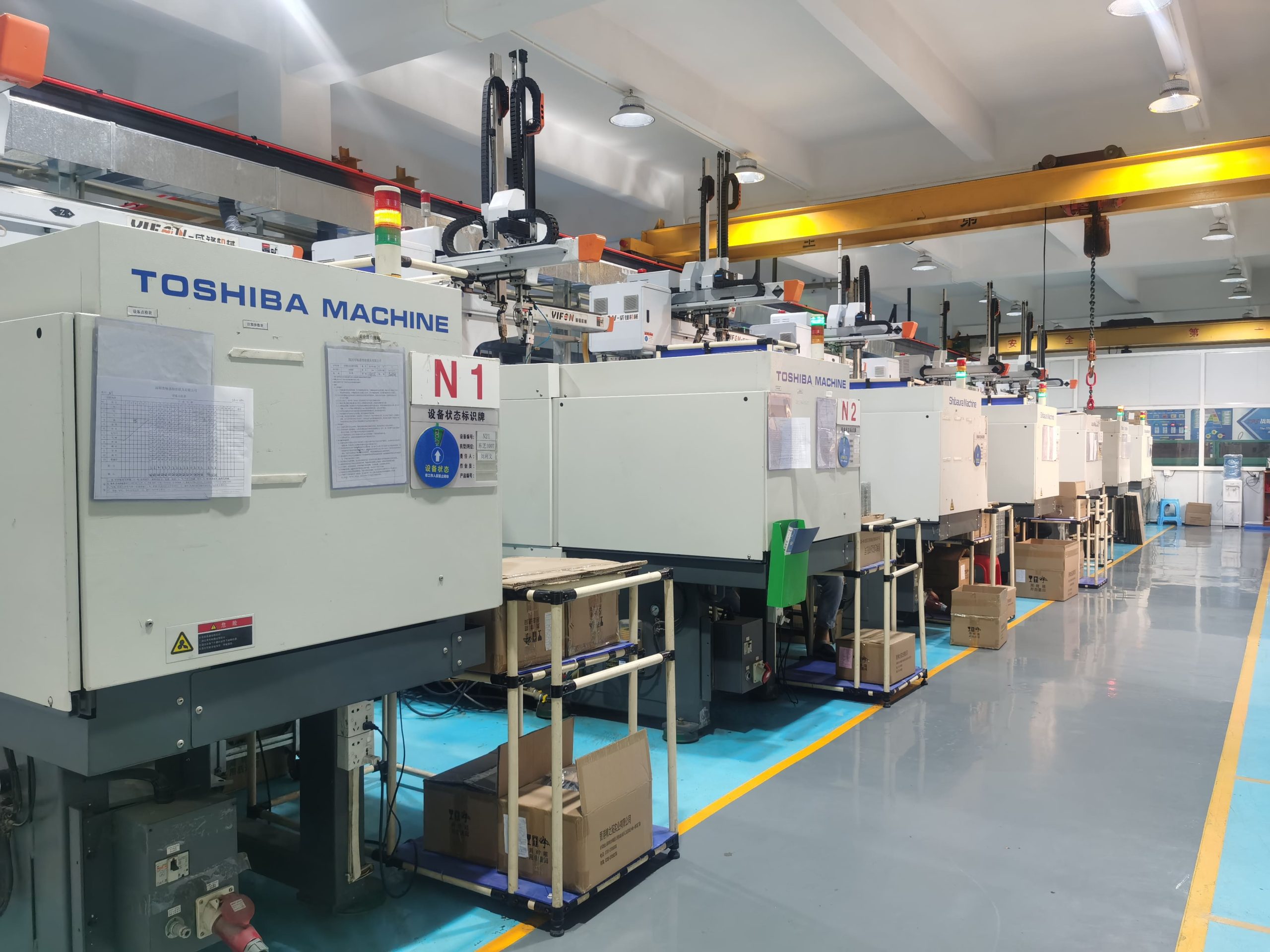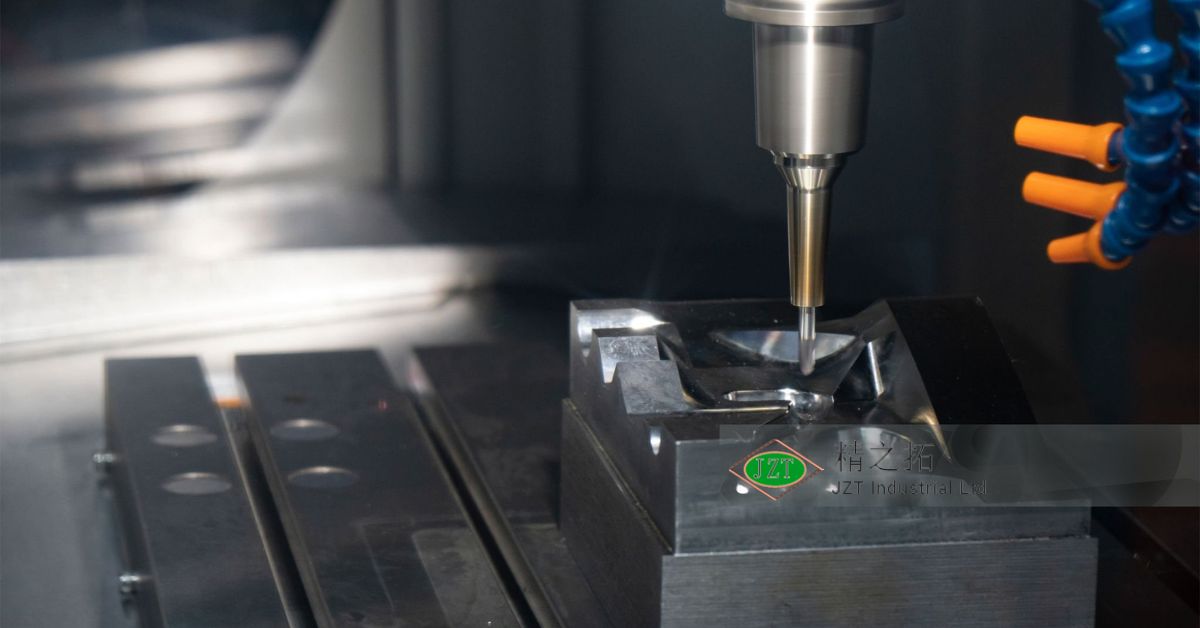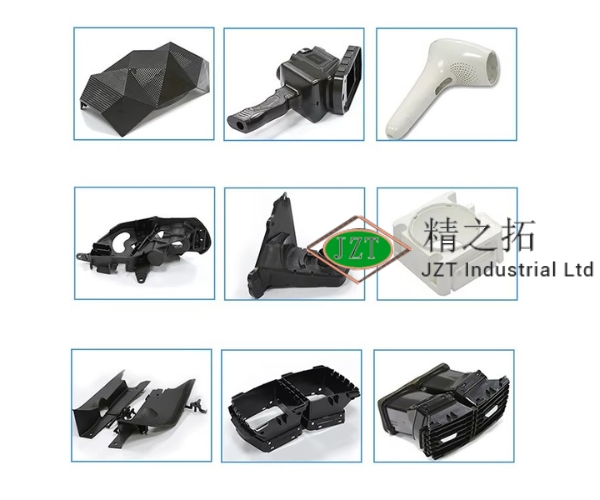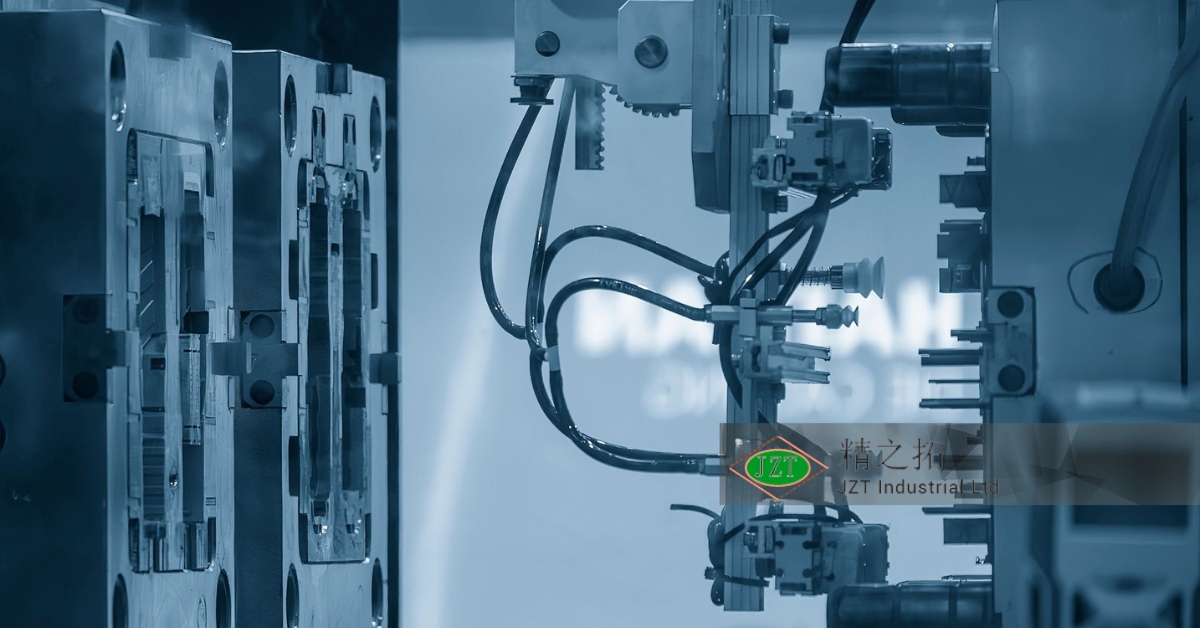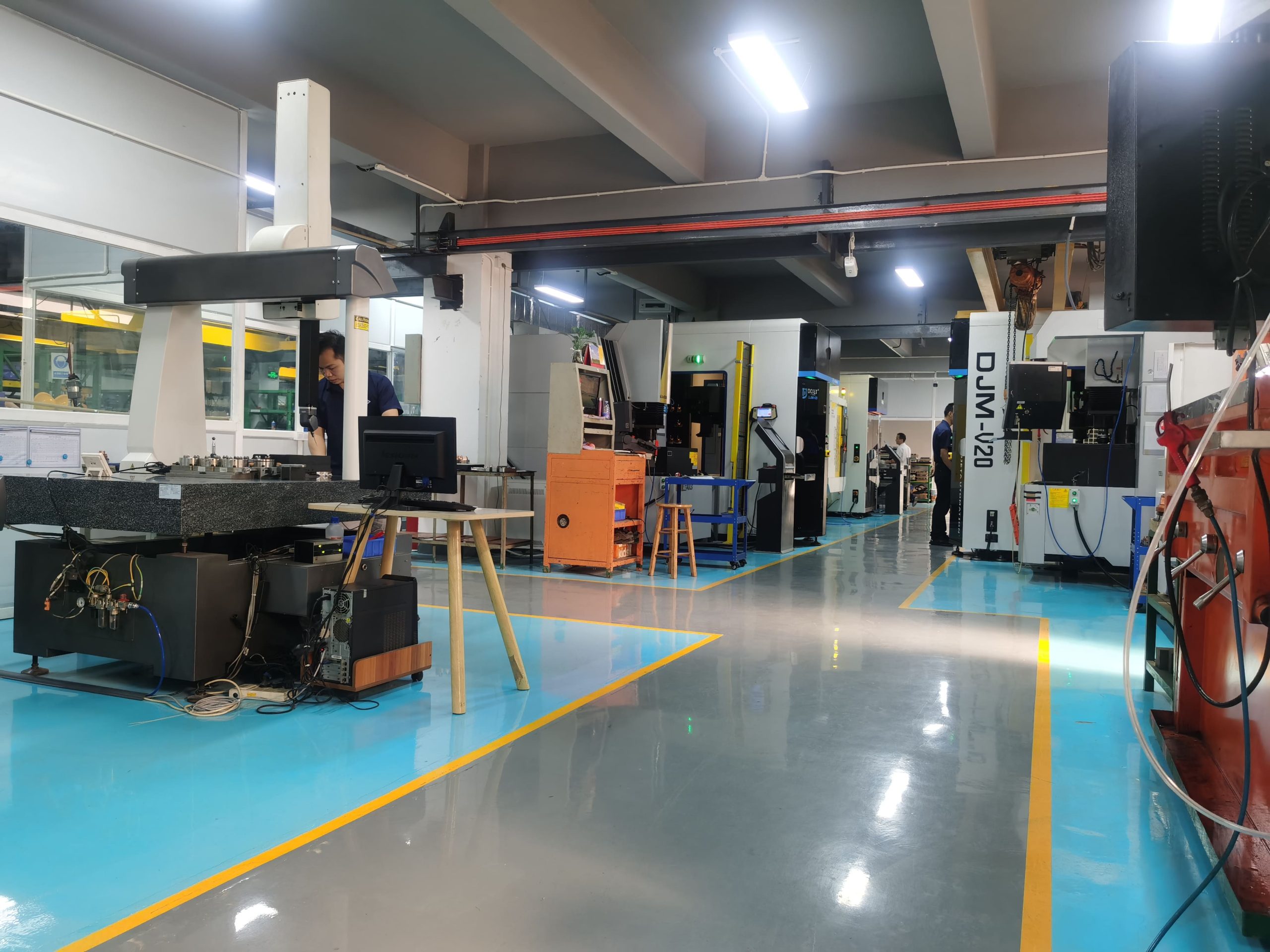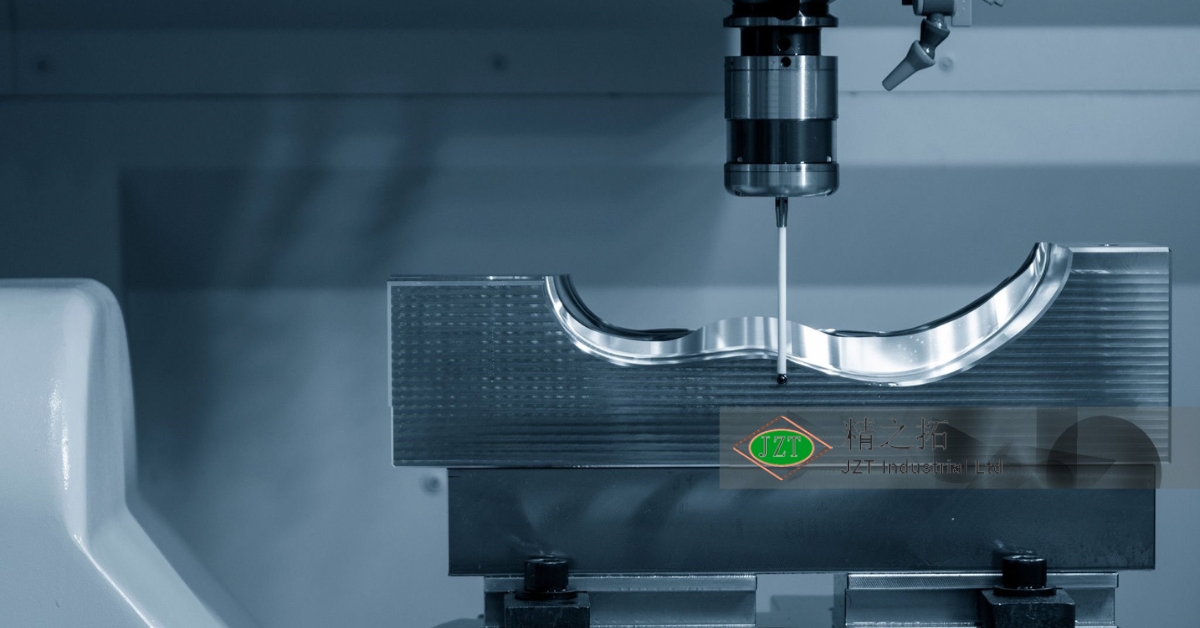Introduction
Plastic injection molds are essential tools in modern manufacturing, shaping a vast array of plastic products we use daily. From automotive parts to medical devices, plastic injection molds play a crucial role in ensuring precision, consistency, and efficiency in production. Given their significance, it’s vital to source high-quality molds to maintain product standards and avoid costly production issues.
China has emerged as a leading supplier of plastic injection molds, offering competitive prices and advanced manufacturing capabilities. For businesses looking to enhance their production processes while managing costs, buying plastic injection molds from China can be a smart strategic move. This guide will provide comprehensive insights into the entire process, helping you make informed decisions and secure the best possible outcomes.
Understanding Plastic Injection Molds
What Are Plastic Injection Molds?
Plastic injection molds are precision-engineered tools used to produce plastic parts by injecting molten plastic into a mold cavity. These molds are custom-designed to match the specific requirements of the product, ensuring that each piece produced is consistent in shape, size, and quality. The mold itself is typically made from durable materials like steel or aluminum, which can withstand the high pressures and temperatures involved in the injection molding process.
Injection molding is widely regarded for its efficiency and versatility. It can produce complex shapes with intricate details, making it suitable for a wide range of applications. From small components like screws and fasteners to large automotive parts, plastic injection molds are indispensable in various industries.
Types of Plastic Injection Molds
Understanding the different types of plastic injection molds is crucial for selecting the right one for your needs. Here are some common types:
- Single-Cavity Molds: These molds produce one part per cycle. They are ideal for low to medium-volume production runs and for parts with large dimensions or complex designs.
- Multi-Cavity Molds: These molds have multiple cavities, allowing the production of several identical parts in each cycle. They are perfect for high-volume production, significantly reducing manufacturing time and cost per part.
- Family Molds: These molds produce different parts of the same assembly in a single cycle. For example, an automotive manufacturer might use a family mold to produce different components of a car’s interior simultaneously.
- Insert Molds: These molds include pre-made inserts within the mold, allowing the production of parts with embedded components, such as threaded inserts or metal supports.
Choosing the right type of mold depends on your production volume, part complexity, and specific application requirements.
Materials Used in Plastic Injection Molds
The material used to construct the mold significantly impacts its durability, performance, and cost. The two most common materials for injection molds are steel and aluminum:
- Steel Molds: Steel molds are known for their durability and ability to withstand high-pressure injection molding processes. They are ideal for high-volume production runs and for producing parts with tight tolerances. However, steel molds are more expensive and take longer to manufacture.
- Aluminum Molds: Aluminum molds are lighter and easier to machine, making them less expensive and quicker to produce. They are suitable for prototyping, low to medium-volume production runs, and for parts that do not require high precision. However, aluminum molds may wear out faster under high-volume production.
Selecting the right material involves balancing cost, production volume, and part requirements. It’s essential to work with your supplier to determine the best material for your specific application.
Benefits of Sourcing Plastic Injection Molds from China
Cost-Effectiveness
One of the primary reasons businesses opt to source plastic injection molds from China is the significant cost savings. The lower labor and material costs in China allow manufacturers to offer competitive prices without compromising on quality. By sourcing from China, companies can reduce their production expenses, making their products more competitive in the global market.
Additionally, Chinese suppliers often provide flexible pricing options, allowing buyers to find solutions that fit their budgets. This cost advantage is particularly beneficial for small and medium-sized enterprises looking to optimize their manufacturing processes without substantial capital investment.
Advanced Manufacturing Capabilities
China has made significant strides in manufacturing technology, with many suppliers investing in state-of-the-art equipment and processes. This includes high-precision CNC machines, advanced EDM (Electrical Discharge Machining) systems, and automated production lines. These technological advancements ensure that Chinese manufacturers can produce high-quality, intricate molds with consistent precision.
Moreover, many Chinese manufacturers have adopted international quality standards and certifications, such as ISO 9001, ensuring that their products meet global quality expectations. This commitment to quality and innovation has positioned China as a leader in the plastic injection mold industry.
Skilled Workforce
China boasts a large pool of skilled engineers and technicians specializing in mold design and manufacturing. These professionals bring extensive experience and expertise to the table, enabling them to tackle complex projects and deliver high-quality molds. The availability of skilled labor ensures that Chinese manufacturers can handle a wide range of customer requirements, from simple designs to highly intricate and customized molds.
The combination of skilled workforce and advanced manufacturing capabilities allows Chinese suppliers to offer a comprehensive range of services, from initial design and prototyping to mass production and quality assurance.
Identifying Your Needs
Project Requirements
Before starting your search for a supplier, it’s essential to have a clear understanding of your project requirements. This involves defining your product specifications, including dimensions, materials, and design features. Detailed drawings and 3D models can be incredibly helpful in conveying your exact needs to potential suppliers.
Consider the following factors when defining your project requirements:
- Part Design: Ensure your design is optimized for injection molding, with considerations for mold flow, cooling, and ejection.
- Material Selection: Choose the appropriate plastic material based on the part’s application, mechanical properties, and environmental conditions.
- Production Volume: Estimate the number of parts you need to produce, as this will influence the type of mold and material selection.
Having a well-defined project scope will make it easier to communicate your needs to suppliers and evaluate their capabilities accurately.
Quality Standards
Understanding the quality standards required for your industry is crucial when sourcing plastic injection molds. Different industries have varying quality requirements, and it’s essential to ensure that your supplier can meet these standards. For example, automotive and medical industries often require strict adherence to quality and safety regulations.
When evaluating suppliers, ask about their quality control processes and certifications. Reliable suppliers should be able to provide documentation and evidence of their compliance with international quality standards, such as ISO 9001 or ISO 13485 for medical devices.
Budget Considerations
Setting a realistic budget for your project is a critical step in the procurement process. Your budget should account for the cost of the mold, production setup, and any additional services such as design assistance or quality inspections. It’s also essential to factor in potential costs related to shipping, customs, and import duties.
While cost is an important consideration, it’s crucial not to compromise on quality. Low-quality molds can lead to production issues, increased scrap rates, and ultimately higher costs in the long run. Striking the right balance between cost and quality will help ensure the success of your project.
Researching Potential Suppliers
Where to Start
Finding reliable suppliers in China requires thorough research and due diligence. There are several avenues you can explore to identify potential suppliers:
- Online Directories: Websites like Alibaba, Made-in-China, and Global Sources are excellent starting points. These platforms allow you to search for suppliers, view their profiles, and read customer reviews.
- Trade Shows: Attending industry trade shows, such as the China International Plastic & Rubber Industry Exhibition (CHINAPLAS), can provide valuable opportunities to meet suppliers face-to-face, see their products firsthand, and establish direct communication.
- Industry Forums and Associations: Participating in industry forums and joining trade associations can help you connect with reputable suppliers and gain insights from other industry professionals.
Combining these approaches will give you a comprehensive view of the supplier landscape and help you identify potential partners that match your requirements.
Key Platforms
Several online platforms are particularly useful for finding plastic injection mold suppliers in China:
- Alibaba: One of the largest B2B marketplaces, Alibaba offers a vast directory of suppliers with detailed profiles, product listings, and customer reviews. The platform’s Trade Assurance program also provides added security for your transactions.
- Made-in-China: This platform specializes in connecting global buyers with Chinese manufacturers. It offers extensive supplier profiles, product catalogs, and the option to request quotes directly from suppliers.
- Global Sources: Known for its rigorous supplier verification process, Global Sources provides access to a wide range of manufacturers and detailed information on their capabilities and certifications.
These platforms make it easier to compare suppliers, request quotes, and gather the information needed to make informed decisions.
Supplier Verification
Verifying the credibility and reliability of potential suppliers is a crucial step in the sourcing process. Here are some key aspects to consider:
- Certifications: Check for industry-standard certifications, such as ISO 9001, which indicate a commitment to quality management practices.
- Company History: Review the supplier’s history, including how long they have been in business and their track record with international clients.
- Customer Reviews: Look for feedback and reviews from other buyers to gauge the supplier’s reliability, quality, and customer service.
- Factory Visits: If possible, arrange a visit to the supplier’s factory to see their facilities, equipment, and production processes firsthand. This can provide valuable insights into their capabilities and quality control practices.
Thoroughly vetting potential suppliers will help you identify reliable partners who can meet your quality and production requirements.
Assessing Supplier Capabilities
Technical Expertise
Understanding the technical capabilities of a supplier is essential to ensure they can meet your specific requirements. Evaluate the following aspects:
- Design and Engineering: Assess the supplier’s ability to assist with mold design and engineering, including their experience with CAD software and mold flow analysis.
- Machinery and Equipment: Check the supplier’s machinery and equipment, such as CNC machines, EDM systems, and injection molding machines. Advanced equipment indicates their capability to produce high-quality molds with precision.
- Tooling and Maintenance: Inquire about their tooling capabilities, including their ability to perform regular maintenance and repairs on molds to ensure longevity and consistent performance.
A supplier with strong technical expertise will be better equipped to handle complex projects and deliver molds that meet your exact specifications.
Quality Control Processes
Effective quality control processes are crucial to ensure that the molds produced meet your standards. Assess the supplier’s quality control measures by considering the following:
- Incoming Material Inspection: Verify that the supplier inspects raw materials to ensure they meet quality standards before production.
- In-Process Inspections: Check if the supplier conducts regular inspections during the manufacturing process to identify and address any issues promptly.
- Final Inspections: Ensure the supplier performs thorough final inspections on completed molds to verify they meet all specifications and quality requirements.
Additionally, ask about the supplier’s use of quality control tools, such as Coordinate Measuring Machines (CMMs) and Statistical Process Control (SPC) methods, to maintain high standards throughout the production process.
Production Capacity
Assessing a supplier’s production capacity is crucial to ensure they can meet your volume requirements and delivery timelines. Consider the following factors:
- Production Volume: Determine the supplier’s production capacity in terms of the number of molds they can produce within a given timeframe.
- Lead Times: Evaluate the supplier’s lead times for mold production and delivery to ensure they can meet your project deadlines.
- Scalability: Check if the supplier can scale their production capacity to accommodate potential increases in order volume or new projects.
A supplier with adequate production capacity and flexibility will be better equipped to handle your current and future needs.
Communication and Responsiveness
Clear and effective communication is essential for a successful partnership with a supplier. Assess the following aspects of communication:
- Language Proficiency: Ensure the supplier has staff proficient in your language or a common language, such as English, to facilitate smooth communication.
- Responsiveness: Evaluate how quickly the supplier responds to inquiries, requests for quotes, and other communications. Prompt responses indicate their commitment to customer service.
- Transparency: Look for suppliers who are transparent about their processes, timelines, and potential challenges. Open and honest communication builds trust and ensures smooth project execution.
Good communication and responsiveness are vital for addressing any issues that may arise and for maintaining a productive working relationship with your supplier.
Requesting Quotes and Samples
How to Request a Quote
Requesting accurate quotes from suppliers is a crucial step in the procurement process. Here are the key steps to follow:
- Provide Detailed Information: Include comprehensive details about your project, such as part design, dimensions, material specifications, production volume, and any special requirements.
- Request Multiple Quotes: Reach out to several suppliers to obtain a range of quotes. This will help you compare prices, services, and capabilities.
- Specify Lead Times: Clearly state your expected lead times for mold production and delivery to ensure suppliers can meet your deadlines.
Providing detailed and accurate information will help suppliers give you precise quotes, making it easier to compare options and make informed decisions.
Evaluating Quotes
Once you receive quotes from potential suppliers, evaluate them based on the following criteria:
- Price: Compare the prices offered by different suppliers, considering both the mold cost and any additional services included.
- Lead Times: Assess the lead times provided by each supplier to ensure they align with your project schedule.
- Services: Evaluate the range of services offered, such as design assistance, quality inspections, and after-sales support.
- Quality Assurance: Consider the supplier’s quality control measures and certifications to ensure they can meet your quality standards.
A thorough evaluation of quotes will help you select a supplier that offers the best balance of cost, quality, and service.
Requesting Samples
Requesting samples from potential suppliers is an important step in the evaluation process. Here are the key points to consider:
- Sample Evaluation: Carefully examine the samples provided to assess the quality, precision, and finish of the molds. Look for any defects or inconsistencies that may affect the final product.
- Testing and Validation: Conduct testing and validation of the samples to ensure they meet your specifications and performance requirements. This may involve physical testing, dimensional checks, and material analysis.
- Feedback and Adjustments: Provide feedback to the supplier based on your evaluation and request any necessary adjustments or improvements to the molds.
Evaluating samples allows you to verify the supplier’s capabilities and ensure they can deliver molds that meet your quality and performance expectations.
Evaluating Supplier Quotes and Negotiating Terms
Comparing Quotes
When comparing quotes from different suppliers, it’s important to look beyond the price alone. Consider the following factors:
- Lead Times: Evaluate the lead times provided by each supplier to ensure they can meet your project schedule.
- Payment Terms: Compare the payment terms offered by each supplier, such as deposit requirements, payment milestones, and final payment upon delivery.
- After-Sales Service: Assess the range of after-sales services provided, including warranty, maintenance, and support. A supplier that offers comprehensive after-sales support can help address any issues that may arise after delivery.
Taking a holistic approach to comparing quotes will help you select a supplier that offers the best overall value.
Negotiation Tips
Negotiating terms with suppliers is a critical step in securing favorable conditions for your project. Here are some tips for effective negotiation:
- Be Prepared: Gather all necessary information, including your project requirements, budget, and quotes from other suppliers. This will help you make informed decisions during negotiations.
- Build Rapport: Establish a positive and respectful relationship with the supplier. Building rapport can facilitate open communication and mutual understanding.
- Focus on Win-Win Outcomes: Aim for mutually beneficial agreements that address both your needs and the supplier’s interests. This can help foster long-term partnerships.
Effective negotiation can help you secure better terms, reduce costs, and ensure a successful procurement process.
Contracts and Agreements
Formalizing your agreement with the supplier through a contract is essential to protect your interests. Key points to include in the contract are:
- Scope of Work: Clearly define the scope of work, including the specifications, materials, and design requirements for the molds.
- Delivery Terms: Specify the delivery timeline, including any milestones and deadlines for production and shipment.
- Payment Terms: Outline the payment terms, including deposit requirements, payment milestones, and final payment upon delivery.
- Quality Assurance: Detail the quality assurance processes and standards that the supplier must adhere to, including inspection and testing requirements.
- Warranty and Support: Include provisions for warranty and after-sales support, such as maintenance, repairs, and replacements.
A well-drafted contract ensures that both parties understand their responsibilities and helps prevent misunderstandings or disputes.
Quality Assurance
Pre-Production Inspection
Conducting a pre-production inspection is crucial to ensure that the molds meet your specifications before full-scale production begins. Key steps in the pre-production inspection process include:
- Reviewing Initial Samples: Evaluate initial samples or prototypes to verify that they meet your design and quality requirements.
- Assessing Materials: Check the materials used in the molds to ensure they match your specified materials and meet quality standards.
- Verifying Design: Confirm that the mold design aligns with your specifications and includes all necessary features and details.
A thorough pre-production inspection helps identify and address any issues early, preventing costly mistakes during full-scale production.
During Production Inspection
Maintaining quality control during production is essential to ensure consistent quality and prevent defects. Key steps in the during-production inspection process include:
- Regular Inspections: Conduct regular inspections at various stages of production to monitor quality and identify any issues promptly.
- Process Control: Implement process control measures, such as Statistical Process Control (SPC), to monitor and maintain quality throughout production.
- Documentation: Keep detailed records of inspections, including any identified issues and corrective actions taken.
Effective during-production inspections help maintain high-quality standards and ensure that any issues are addressed promptly.
Final Inspection
A comprehensive final inspection is critical to verify that the completed molds meet your specifications and quality requirements. Key steps in the final inspection process include:
- Dimensional Checks: Conduct thorough dimensional checks to ensure that the molds meet your design specifications and tolerances.
- Functional Testing: Perform functional testing to verify that the molds produce parts with the desired properties and performance.
- Quality Documentation: Review quality documentation, including inspection reports and certificates, to ensure compliance with your standards.
A thorough final inspection ensures that the molds meet your quality requirements and are ready for shipment.
Third-Party Inspection Services
In some cases, it may be beneficial to engage third-party inspection services to verify the quality of the molds. Third-party inspection services provide an independent and objective assessment of the supplier’s quality control processes and the final product. Key benefits of using third-party inspection services include:
- Objective Evaluation: Third-party inspectors provide an unbiased assessment of the molds, ensuring that quality standards are met.
- Expertise: Third-party inspection services often have specialized expertise and experience in mold inspection, providing a higher level of assurance.
- Compliance Verification: Third-party inspectors can verify compliance with international quality standards and regulations.
Engaging third-party inspection services can provide additional assurance of the quality and reliability of the molds.
Logistics and Shipping
Shipping Options
Understanding the different shipping options available for transporting molds from China is essential to ensure timely and cost-effective delivery. Common shipping options include:
- Air Freight: Air freight is the fastest shipping method, suitable for urgent or time-sensitive shipments. However, it is also the most expensive option.
- Sea Freight: Sea freight is the most cost-effective shipping method for large or heavy shipments. It is slower than air freight but offers significant cost savings.
- Rail Freight: Rail freight is an alternative option for shipments within the Eurasian continent. It offers a balance between speed and cost.
Choosing the right shipping option depends on your budget, delivery timeline, and the size and weight of the molds.
Customs and Import Regulations
Navigating customs and import regulations is crucial to ensure smooth delivery and avoid delays or additional costs. Key steps to consider include:
- Documentation: Ensure that all necessary documentation, such as invoices, packing lists, and certificates of origin, is complete and accurate.
- Customs Duties and Taxes: Be aware of any customs duties, taxes, or import fees that may apply to your shipment. Factor these costs into your budget.
- Regulatory Compliance: Ensure that the molds comply with any relevant import regulations and standards in your country.
Working with a knowledgeable customs broker can help streamline the customs process and ensure compliance with all regulations.
Insurance
Insuring your shipment is essential to protect against potential risks, such as damage, loss, or theft during transit. Key considerations for insurance include:
- Coverage: Ensure that your insurance policy provides comprehensive coverage for the full value of the molds and any associated costs.
- Claims Process: Understand the claims process and requirements for filing a claim in the event of damage or loss.
- Cost: Factor the cost of insurance into your overall budget for the project.
Adequate insurance coverage provides peace of mind and financial protection for your shipment.
After-Sales Support
Warranty and Guarantees
Understanding the warranty and guarantees provided by the supplier is crucial to ensure ongoing support and protection for your molds. Key points to consider include:
- Warranty Coverage: Clarify the scope of the warranty, including what is covered (e.g., defects, materials, workmanship) and for how long.
- Exclusions: Be aware of any exclusions or limitations in the warranty coverage.
- Claims Process: Understand the process for making a warranty claim, including documentation and timeframes.
A comprehensive warranty provides assurance that the supplier stands behind the quality of their molds and will address any issues that arise.
Handling Issues and Returns
In the event of defects or issues with the molds, it’s important to have a clear process for handling returns and resolving problems. Key steps to consider include:
- Documentation: Keep detailed records of any issues, including photos, descriptions, and inspection reports.
- Communication: Communicate promptly and clearly with the supplier to report issues and discuss potential solutions.
- Resolution: Work with the supplier to resolve the issue, which may involve repairs, replacements, or refunds.
Effective issue resolution ensures that any problems are addressed promptly and minimizes disruption to your production process.
Building Long-Term Relationships
Establishing and maintaining a positive relationship with your supplier can lead to long-term benefits, including improved collaboration, better pricing, and ongoing support. Key strategies for building long-term relationships include:
- Open Communication: Maintain open and transparent communication with your supplier to address any issues and discuss future projects.
- Mutual Respect: Show respect for your supplier’s expertise and capabilities, and acknowledge their efforts and contributions.
- Feedback: Provide constructive feedback on their performance and suggest areas for improvement.
Building a strong partnership with your supplier can lead to a more productive and mutually beneficial relationship.
Case Studies
Successful Case Studies
Sharing examples of successful sourcing experiences can provide valuable insights and inspiration for your own projects. Consider the following case studies:
- Automotive Industry: A case study of an automotive manufacturer sourcing high-quality plastic injection molds from China, highlighting the benefits of cost savings, advanced manufacturing capabilities, and reliable delivery.
- Medical Devices: A case study of a medical device company that successfully sourced precision molds from a Chinese supplier, focusing on the importance of quality control and compliance with industry standards.
Lessons Learned
Learning from the experiences of others can help you avoid common pitfalls and make informed decisions. Consider the following lessons learned:
- Effective Communication: The importance of clear and effective communication with suppliers to ensure mutual understanding and avoid misunderstandings.
- Thorough Inspections: The value of thorough inspections and quality control measures to ensure that molds meet your specifications and quality standards.
By learning from these case studies and lessons, you can improve your own sourcing process and achieve successful outcomes.
Conclusion
Summary of Key Points
In summary, sourcing high-quality plastic injection molds from China requires careful planning, thorough research, and effective communication. Key points to consider include:
- Understanding Your Needs: Define your project requirements, quality standards, and budget to guide your search for a supplier.
- Researching Suppliers: Use online directories, trade shows, and industry forums to identify potential suppliers and verify their capabilities and reliability.
- Assessing Capabilities: Evaluate suppliers based on their technical expertise, quality control processes, production capacity, and communication skills.
- Requesting Quotes and Samples: Obtain detailed quotes and samples to compare options and verify the quality and suitability of the molds.
- Negotiating Terms: Negotiate favorable terms and formalize your agreement with a comprehensive contract to protect your interests.
- Ensuring Quality: Implement thorough quality control measures, including pre-production, during-production, and final inspections, to ensure that molds meet your specifications.
- Managing Logistics: Plan for shipping, customs, and insurance to ensure timely and cost-effective delivery of your molds.
- After-Sales Support: Understand the warranty and support provided by the supplier and establish a process for handling issues and returns.
- Building Relationships: Foster a positive and productive relationship with your supplier for long-term benefits and collaboration.
Final Tips
To ensure a successful procurement process, consider the following additional tips:
- Stay Informed: Keep up to date with industry trends, technologies, and best practices to make informed decisions.
- Seek Expert Advice: Consult with experts or industry professionals for guidance and insights on sourcing plastic injection molds from China.
- Plan Ahead: Allow sufficient time for research, evaluation, and negotiation to avoid rushing the process and making hasty decisions.
By following these guidelines and best practices, you can successfully source high-quality plastic injection molds from China and achieve your production goals.
Call to Action
Ready to start your sourcing journey? Begin by defining your project requirements and researching potential suppliers. With careful planning and informed decision-making, you can secure the high-quality plastic injection molds you need to drive your business success.

